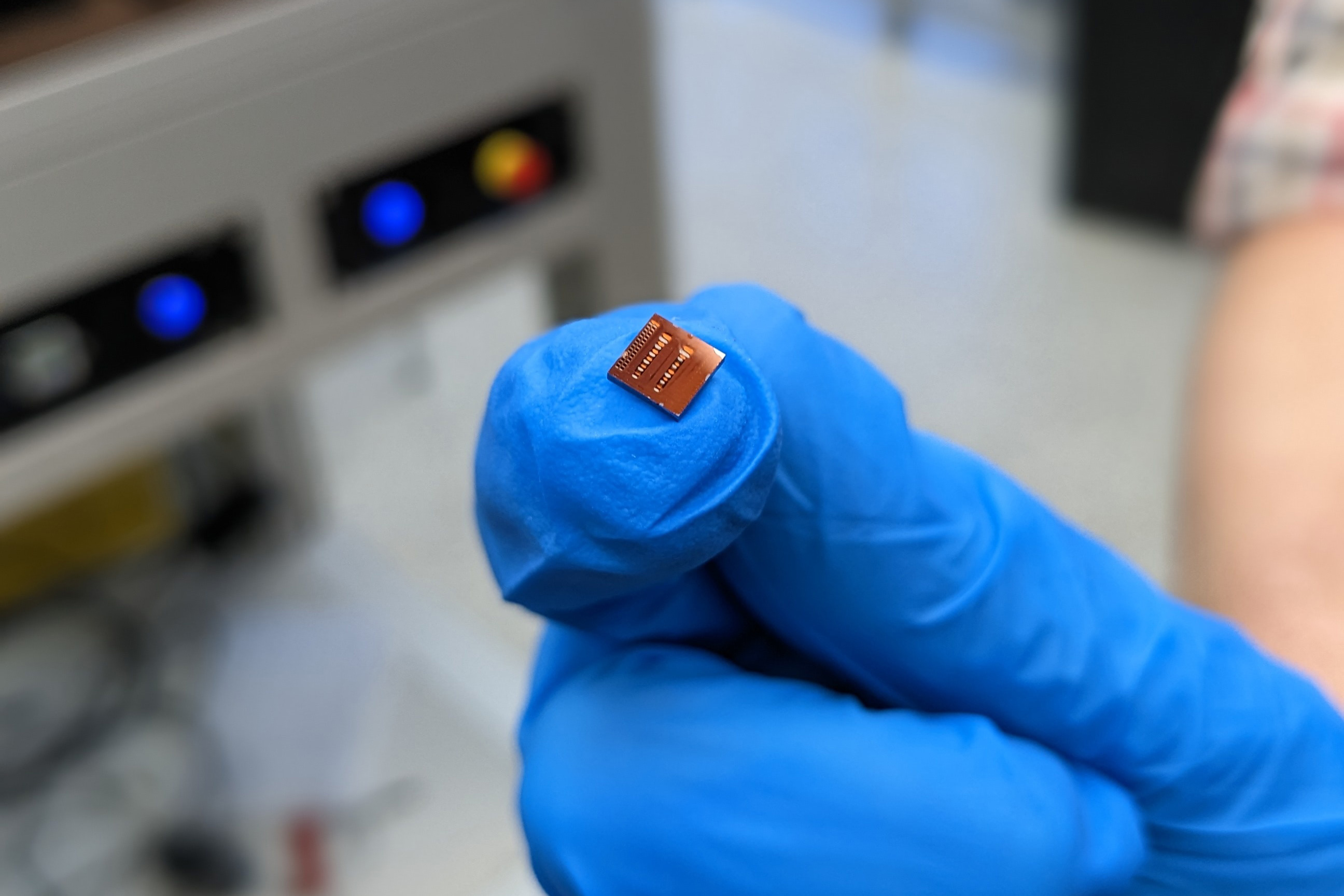The tools of biotechnology were once locked in laboratories. Today, parts of that world are arriving quietly in people’s homes. Small devices that read genetic material, sensors that monitor body chemistry, and implants that track health data are no longer science fiction. The public is learning to read its own biology. It is a slow cultural shift, one that mirrors the curiosity and risk found in other modern technologies — similar in spirit to how players explore strategy and chance in mines game, where each move uncovers something unseen yet revealing.
From Research to the Living Room
For decades, genetic testing required expensive machines and trained technicians. Only medical researchers or hospitals could analyze DNA. Now, lower costs and smaller tools have changed that. Consumers can order home kits, collect a small sample, and receive reports about ancestry, metabolism, or potential health risks.
At the same time, health chips — implantable or wearable sensors — are starting to reach a broader public. They track blood sugar, sleep cycles, or hormone levels. While not everyone adopts these tools, their presence in households is growing. They fit within a wider move toward self-monitoring, part of what some sociologists call “the quantified life.”
This change did not happen overnight. It reflects decades of research, miniaturization, and software development. What makes it notable today is that biotechnology, once viewed as distant and elite, now exists in a space as familiar as the kitchen counter or smartphone app.
Reading the Body as Data
Biotechnology at home transforms how people understand their bodies. Instead of waiting for a doctor’s visit, users can check real-time data. A gene test can show how the body processes caffeine or certain nutrients. A health chip can alert a person to changes in heart rhythm or glucose levels.
Supporters argue that this knowledge helps prevent illness. If someone knows their genetic risk for a condition, they may change diet or exercise habits early. Others see a different value: understanding how the body reacts to stress, environment, or medication. It is information once hidden, now visible.
However, there are limits. Data does not equal understanding. A person may know their genome sequence but lack the context to interpret it. Health chips produce streams of numbers that require expert analysis. Without guidance, self-diagnosis can become confusing or misleading.
Privacy and Ownership
The growth of home biotech raises new questions about privacy. Genetic data is deeply personal. It can reveal family links, disease risks, and behavioral traits. When stored or shared digitally, it becomes part of a global data economy.
Some experts warn that the convenience of home testing could come at the cost of control. Who owns the information once it is uploaded to a cloud server? Can it be sold to research firms or insurance companies? Legal frameworks around these questions are still developing, and they vary across countries.
For health chips, the issue is similar. Real-time data may help users, but it also builds continuous records of movement, sleep, and diet. Managing consent and security will be central to maintaining public trust.
The Cultural Shift Toward Everyday Biotech
Technology often enters life quietly. When calculators appeared, they changed how people thought about arithmetic. Smartphones altered how people manage memory and attention. Biotech tools may be doing something similar for health.
The idea of reading the body as a system of data aligns with broader social trends. Workplaces, sports teams, and even schools use biometric tools to track performance. Health is becoming measurable, comparable, and sometimes competitive. The home has turned into a small laboratory where individuals experiment with lifestyle and behavior.
Yet, there is also resistance. Some fear that constant measurement erodes privacy and creates anxiety. Others question whether ordinary users should interpret genetic or biochemical information without professional guidance. Balancing empowerment with caution remains an open challenge.
Economic and Ethical Implications
As costs fall, biotech tools could expand access to healthcare insights. For communities with limited medical resources, home testing offers a way to detect issues early. It can reduce pressure on clinics and allow remote monitoring for chronic conditions.
But equity matters. If advanced tools remain expensive, they may deepen existing health divides. Wealthier users could gain more knowledge and better prevention, while others fall behind. Regulation and education will play a key role in ensuring fair use.
Ethically, the rise of personal biotech touches on identity. People begin to see themselves through the lens of data. Genes and statistics can shape how individuals think about potential, risk, and responsibility. This shift may redefine what it means to be healthy — not just absence of illness, but constant optimization.
Looking Ahead
The next decade will likely see more blending of home and laboratory spaces. Health chips will become smaller and more connected. Gene testing may link directly to digital health systems. For better or worse, the human body is becoming part of the information network.
The central question is not whether this change can be stopped — it cannot — but how societies choose to guide it. Regulation, ethics, and education must evolve as quickly as the tools themselves. If handled with care, biotech at home could democratize knowledge and strengthen preventive care. If neglected, it could blur the line between autonomy and surveillance.
Either way, the experiment has already begun.


